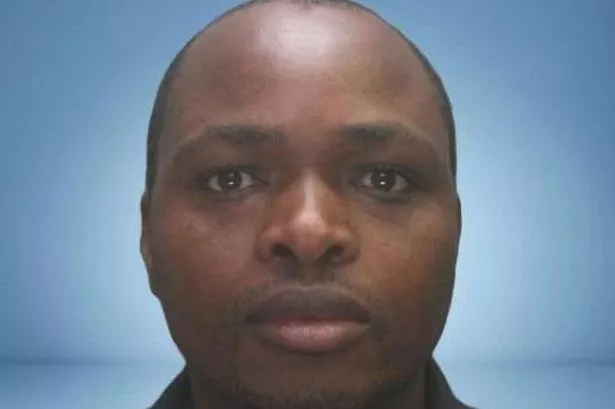HARARE – Former St Johns School and Triathlon Zimbabwe coach, David Edward Gardner serving one-year jail term for indecently assaulting three teenage boys he was coaching at the time, has had his appeal against conviction and sentencing thrown out by the Supreme Court.
Gardner was in the habit of inserting his hands and fondling privates of teenage boys before he was reported.
Four incidents reported against him took place between 2001 and 2006.
All his victims are now adults.
In his appeal, Gardner insisted on his innocence, arguing that the lower courts erred in coming out with a guilty verdict.
He also said cases against him were fabricated to soil his reputation, further accusing the victims’ parents of influencing their children to pin him down.
A three-panel Supreme Court bench comprising Chinembiri Bhunu, George Chiweshe and Joseph Musakwa said he had no evidence to support his claims.
“The appellant may have sought to argue that there cannot be said to be any corroboration of the complainants’ testimonies as a result of the prosecutor’s conduct,” said the court.
The Supreme Court also said Gardner’s own conduct tends to corroborate the evidence of the complainants.
“In tendering his letter of resignation from the employment of St John’s College, the appellant apologised for what he called a ‘practical joke’ that he played on one of the complainants in Switzerland where he had written ‘three laps to go’ on J’s thigh while the boy was asleep at night.
“J testified that the reason why he did not report the matter was because he was only 15 years old and was scared that no one would believe him. Similarly, T and R, just like J, also testified that they were scared to report the incident.
“In the case of R, he was 14 years old and the report was made when he was 18.
“These explanations by the complainants were reasonable considering that they were still young and they had a special relationship with the appellant,” said the judges while dismissing his appeal.
The Supreme Court said the fact that the allegations came from three different complainants who were indecently assaulted at different places and on different dates is one that would ordinarily raise suspicion of such coincidence.
“Therefore, with regard to the above, we are of the view that the evidence of the three boys was enough to prove beyond a reasonable doubt that the appellant was guilty of the crimes involved and therefore, dispels any claim that the allegations were as a result of conspiracy.
“The appellant waited for a conviction and after it became apparent that the conviction would not likely be overturned, he sought to claim an irregularity which occurred before the commencement of the proceedings.
“In addition, corroborative evidence played a very essential role in proving the guilt of the appellant beyond a reasonable doubt. Therefore, there is no merit in the appeal,” said the judges.
The National Prosecuting Authority proved that he abused a 14-year-old boy identified as R for protection of his rights in 2002 at his Highlands home by fondling his genitals.
It was also proved that in November 2005, at Afdis Camp, Nyanga, Gardner committed an immoral or indecent act upon another 14-year-old T by putting his hand inside the shorts and touching his groin.
Prosecutors again proved that in August 2006 in Lausanne, Switzerland, Gardner placed his hand inside the jeans of J.
In the fourth count, prosecutors alleged that in August 2006 in Budapest, Hungary Gardner, committed an indecent act upon T after he reached across to his bed and commenced to rub T’s leg with his foot around the ankle area.
Twelve witnesses who included the complainants and their parents testified against him.
Three witnesses testified in his favour.
However, the trial court found him guilty on the first three counts and sentenced him to a total of 24 months imprisonment of which 12 months were suspended for 5 years on condition that the appellant did not commit a similar crime within that period.
Aggrieved by the verdicts of the trial court, Gardner filed his appeal before the High Court where his appeal was dismisses before he approached the Supreme Court.
















